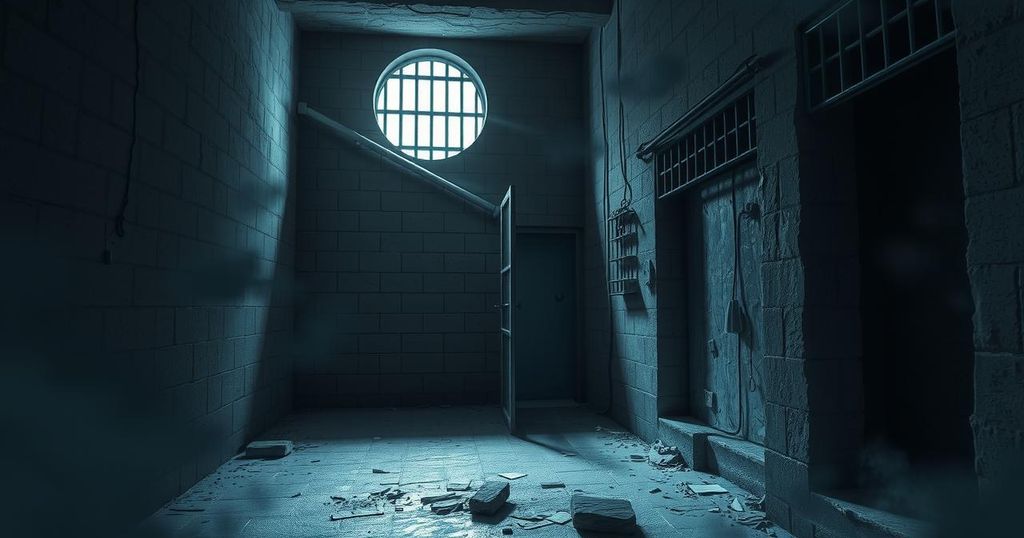Family Fears for Health of Deported Son Wladimir Vera Villamizar

- Wladimir Vera Villamizar is a 33-year-old Venezuelan welder with serious health issues.
- After undergoing a lung removal surgery, he was deported to a prison in El Salvador.
- The family is left in the dark about Vera’s medical condition since his deportation.
- Lawyers argue past convictions should not strip individuals of their rights.
- Experts express deep concern regarding the health risks for Vera post-surgery.
Family Fears for Health of Deported Son Wladimir
Mariela Villamizar is understandably distressed about her son, Wladimir Vera Villamizar. Recently deported to a prison in El Salvador following a bout with serious health issues, he is out of contact and his family is in the dark about his well-being. Before being taken into custody, Vera battled significant health difficulties, having suffered from tuberculosis which left him with severe lung scarring. His condition deteriorated further while he was detained in immigration custody in the U.S., which clearly troubled his mother, who fears for his health now that he is in such a situation.
Emergency Surgery Leaves Vera in Critical Condition
Vera underwent an emergency right pneumonectomy in January, which involved the total removal of his right lung. His mother recounted the lengthy operation, lasting over five hours, and expressed her relief that her son survived the procedure. However, just weeks later, authorities had him detained yet again as he was about to start his recovery journey. President Trump had previously utilized emergency wartime powers to deport Venezuelan men, like Vera, causing even more panic for families like Villamizar’s when they learned of his deportation to the Center for the Confinement of Terrorism in El Salvador, known as CECOT. After that, she had not heard from him since the middle of March, and the uncertainty is weighing heavily on her mind.
Medical Concerns Following Major Surgery for Vera
The lack of communication from CECOT and the troubling conditions faced by the detainees, like Vera, raise significant alarm about the standards of medical care available there. Every inmate is held incommunicado, meaning they cannot have contact with lawyers or family members, leaving many families anxious for their loved ones’ health. Legal experts argue that the past crimes of persons like Vera should not strip them of their due process rights or expose them to potentially life-threatening conditions, especially after undergoing such a serious health procedure. Health professionals warn about the dangers of being detained so soon after major surgeries like pneumonectomies. A patient’s recovery from such an operation requires careful monitoring and an environment that reduces the risks of infection, something clearly not afforded in a prison setting like CECOT, making the situation more dire.
The case of Wladimir Vera Villamizar exemplifies a troubling intersection of immigration enforcement and medical care. His recent deportation not only displaces him from family connections but places him at significant risk following substantial surgery. As authorities grapple with rising legal and moral responsibilities, families of those detained await answers and action concerning the health and safety of their loved ones in such facilities.








